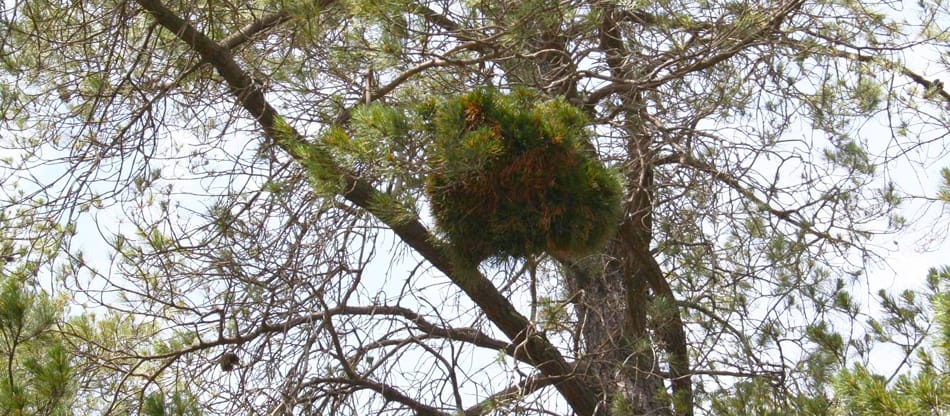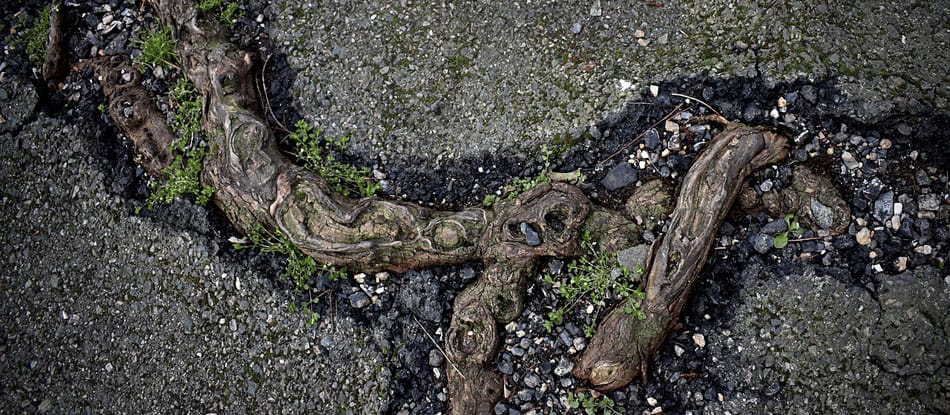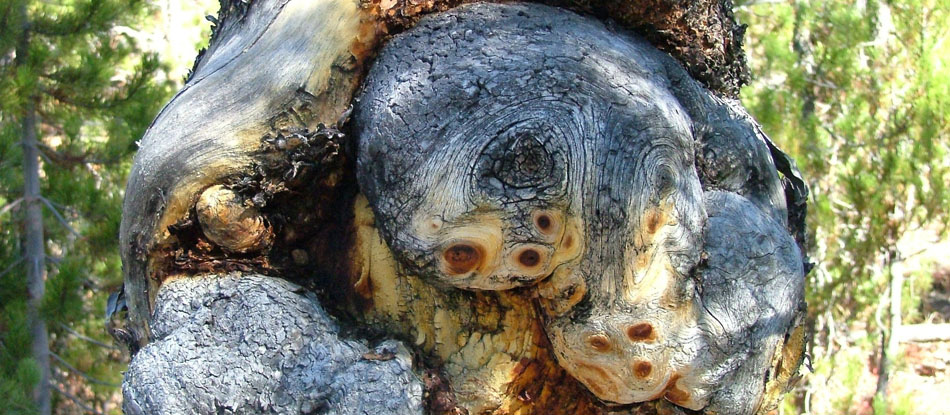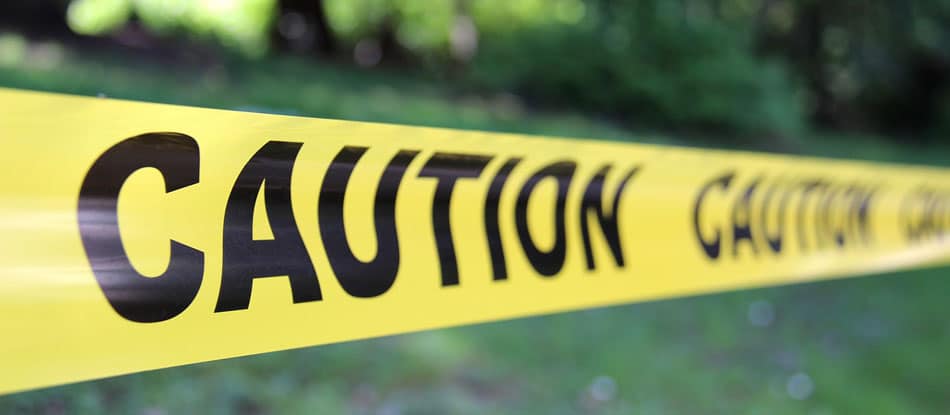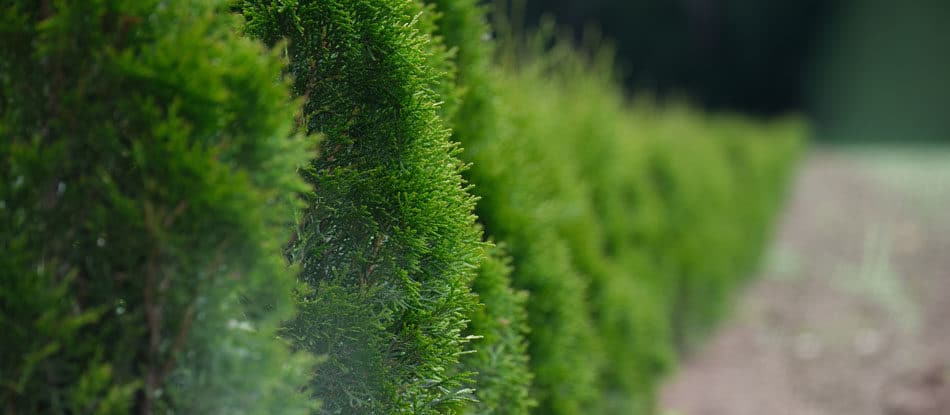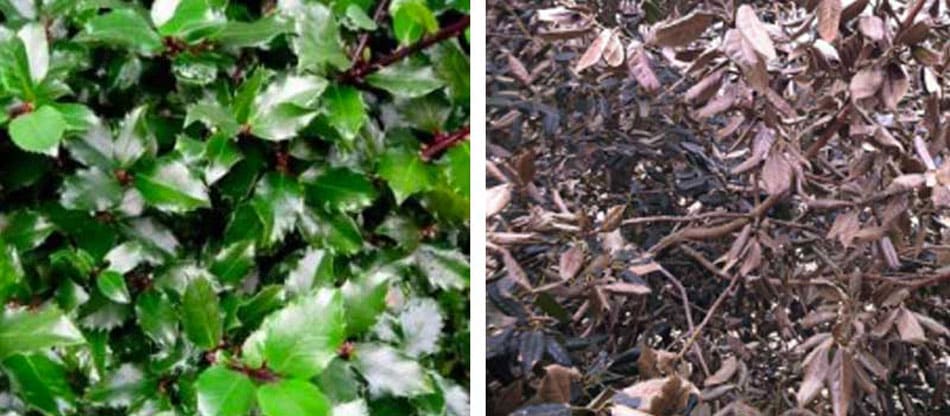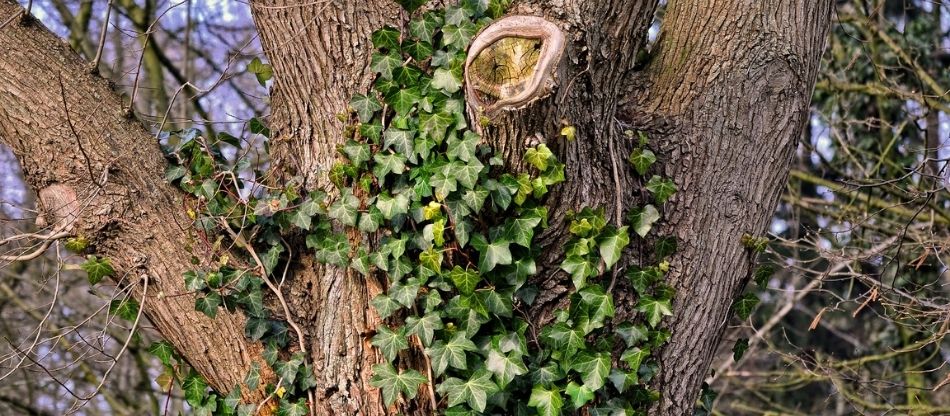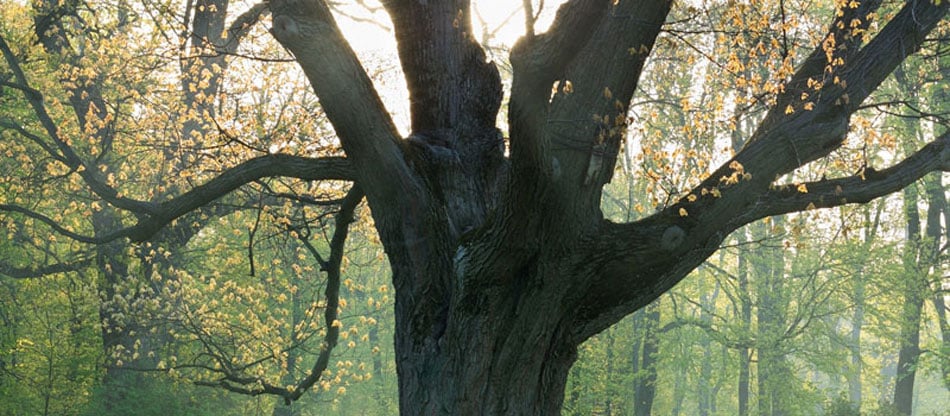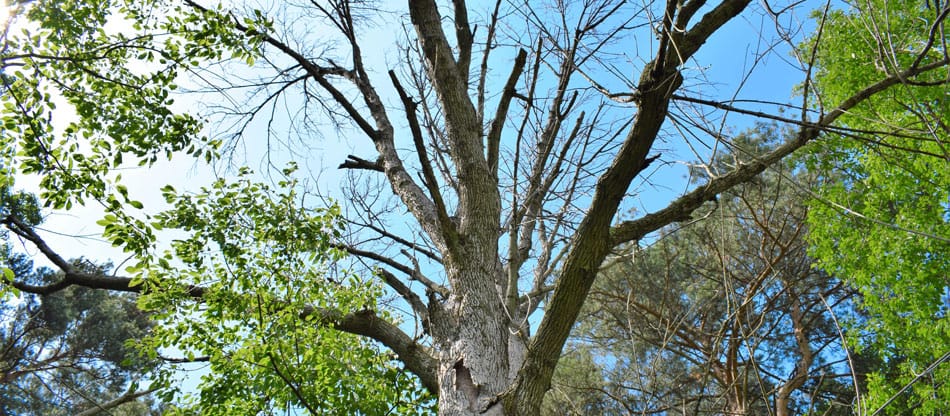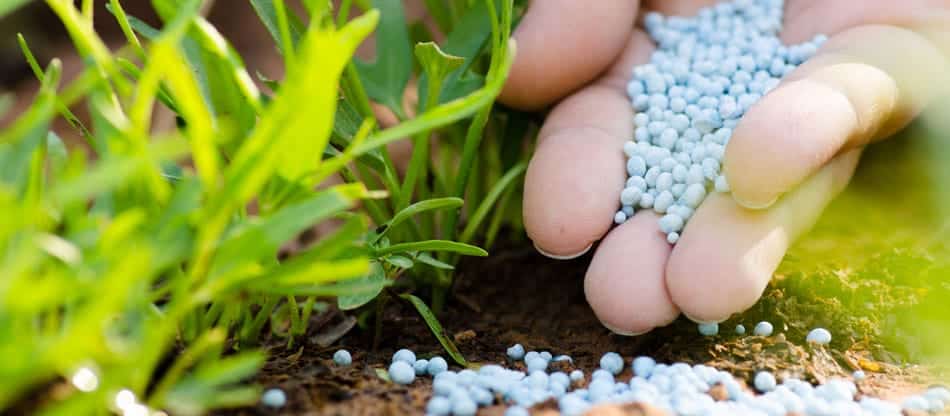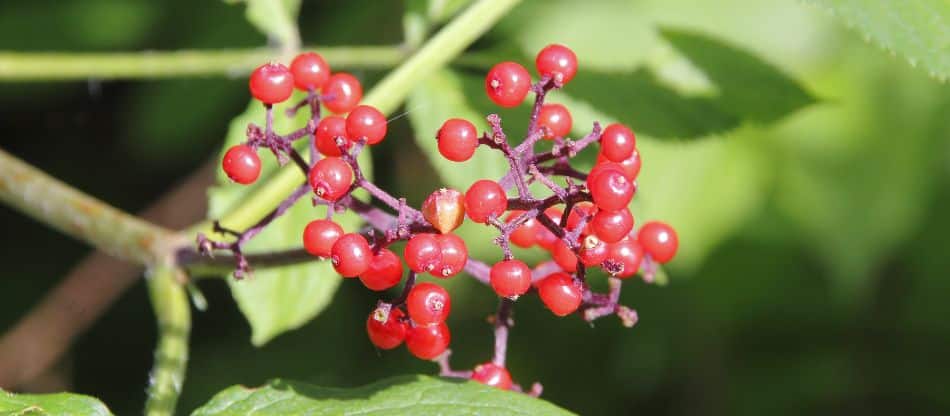Tree & Shrub Care
On this page, you'll find everything from the best trees for specific conditions to DIY tree care techniques, common tree problems, seasonal issues, how to reduce tree hazards, and much more.
Witches’ Broom in Trees: What, Why & What To Do
What is a witches' broom, what causes it, and what should you do if there's one in your tree? Learn about these abnormal clusters of twigs and if they're harmful for your tree's health.
Read More Tree Root Problems
Tree root problems can cause extensive damage, especially if you have trees growing near structures like foundations, underground pipes, or sidewalks. However, there are things you can do to prevent tree roots from becoming a major problem.
Read More What is a Burl?
We cover what a burl is, what it’s made out of, how it’s formed, which trees are more likely to grow burls, and what you should (and shouldn’t!) do if you find a burl in one of your trees.
Read More Is Your Tree Dangerous? How to Identify Potential Safety Hazards
Often, a tree’s internal damage can’t be fully evaluated from the outside, and the behavior of a declining tree can’t be predicted. Learn to identify signs of serious damage to help prevent your trees from becoming a hazard.
Read More Best Shrubs & Trees To Use For Privacy Hedges & Screening
Although there are many choices, there are some shrubs and trees that work better than others as a hedge, windbreak or privacy screen. Here are our top recommendations for homeowners in central New Jersey and eastern Pennsylvania.
Read More Autumn Shrub Care: Protect Your Shrubs Before Winter Arrives
Many shrubs, especially broadleaf evergreens like hollies, boxwood, laurels and rhododendrons, can be easily damaged by brutal winter weather. Instead of lush green leaves, you end up with crispy brown ones. So we're sharing these autumn shrub care tips to help you protect your valuable shrubs from severe winter conditions.
Read More Best Spring-Flowering Trees for Central NJ & PA
When it comes to curb appeal, nothing beats the landscape statement of spring-flowering trees. Not only do they embrace spring with a profusion of gorgeous blooms, many are highly fragrant and provide food for pollinators. The best offer multi-seasonal interest in addition to their early flowers.
Our top picks for spring-flowering trees are resilient, beautiful, easy to maintain, and just right for growing in central New Jersey and Pennsylvania. They include regional natives, as well as well-behaved non-native trees with impressive spring flowers.
Read More Will Ivy Harm My Trees?
Answers to all of your questions about what happens when ivy grows up a tree, whether to remove ivy on trees, how to remove ivy, ivy control methods, how to prevent it from climbing trees, and more!
Read More Inspect Your Trees In Fall & Save Money On Winter Pruning
Dormant season (winter) pruning has many advantages for your trees and is more economical for you - a win/win for both you and your trees. But to do it right, you should first inspect your trees in fall.
Read More Removing Dead Ash Trees: Not a DIY Job!
The emerald ash borer (EAB) has been infesting and killing ash trees in central New Jersey and eastern Pennsylvania for several years, leaving behind acres of dead and dying trees. These dangerous trees should be removed ASAP. Here's what you should know about how to do that safely, quickly and cost-effectively.
Read More NJ Fertilizer Law – How It Applies To You
In 2011, New Jersey enacted a law that governs the application of phosphorus and nitrogen fertilizer in the state of New Jersey. This law applies to both homeowners and landscape contractors. Here are the details you need to know.
Read More Problem Plants to Avoid Planting
When choosing trees, plants, and shrubs for your New Jersey or Pennsylvania property, there are a few categories of flora that you should never choose from: those that are considered invasive, are classified as a noxious weed, or are non-native and not suited for our area or climate.
Read More Tree & Shrub Care Resources
Request a Free Quote
Click to get started with your seasonal tree, shrub, or lawn program.

